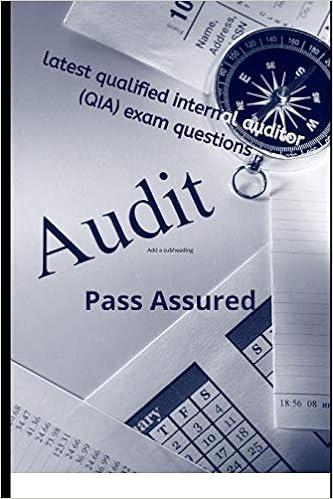Question
I read that Full costing because it's gross profit and profit is always the same, no matter which overhead allocation basis is chosen, therefore it
I read that Full costing because it's gross profit and profit is always the same, no matter which overhead allocation basis is chosen, therefore it failed to identify relevant and irrelevant cost, hence it is not suitable for decision making at a firm level. However, I failed to see the connection between relevant cost and full costing system, because relevant cost, even with non-production overhead, if it's affected by let's say the purchase of new machine result in a decrease cost of non-production overhead, then this effect is still accounted for and will be part of the calculation. Whereas full costing discarded the non-production cost, and focus only on the cost that contributes to the production. So saying that failed to identify relevant and irrelevant cost does not seem accurate for me, hence the only downside I can say about full-costing is the arbitrary costing system is flawed. I am not going against sth that is well-regarded by the accounting community, but can anyone tell me why full costing failed to identify relevant and irrelevant costs?
Step by Step Solution
There are 3 Steps involved in it
Step: 1

Get Instant Access to Expert-Tailored Solutions
See step-by-step solutions with expert insights and AI powered tools for academic success
Step: 2

Step: 3

Ace Your Homework with AI
Get the answers you need in no time with our AI-driven, step-by-step assistance
Get Started


